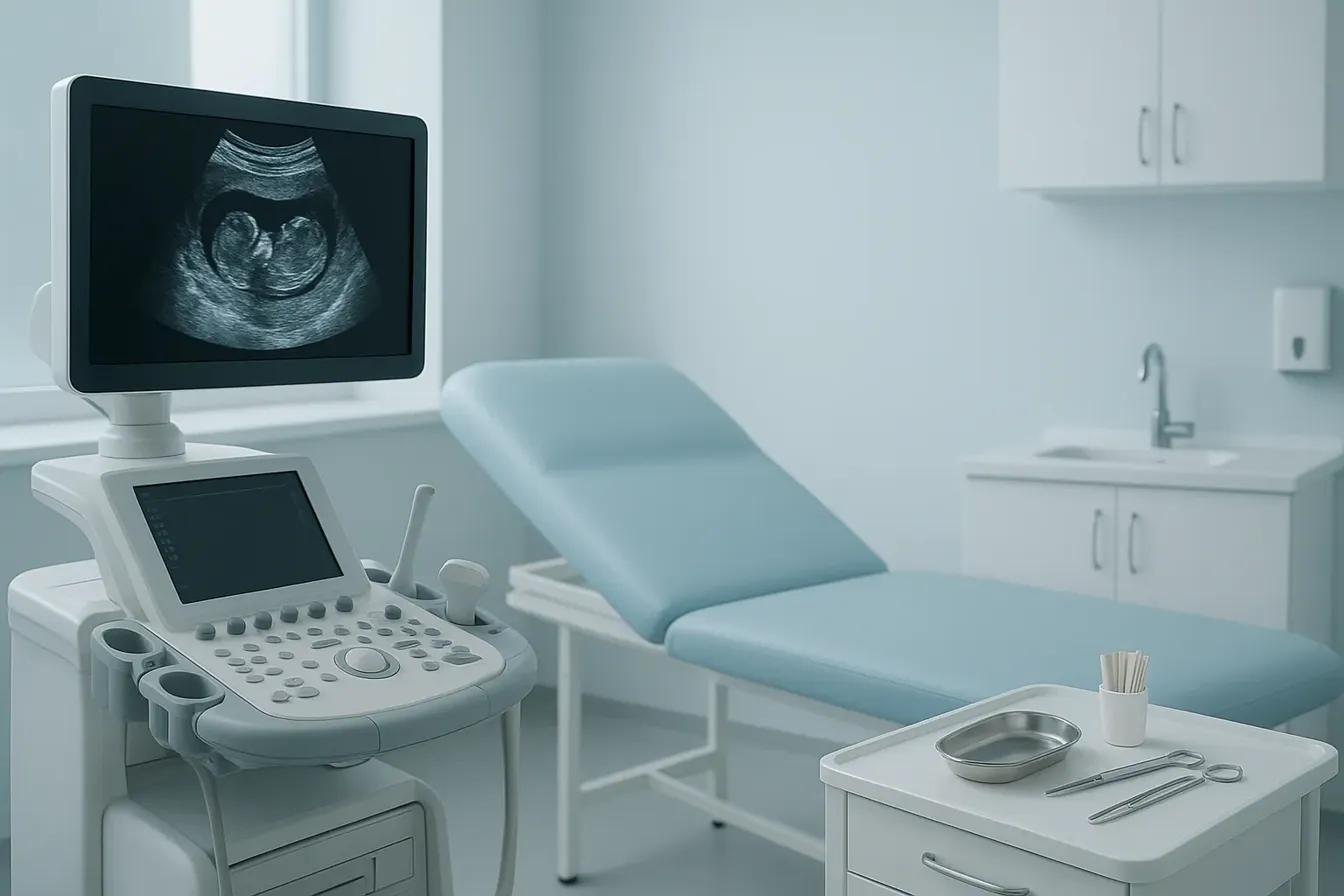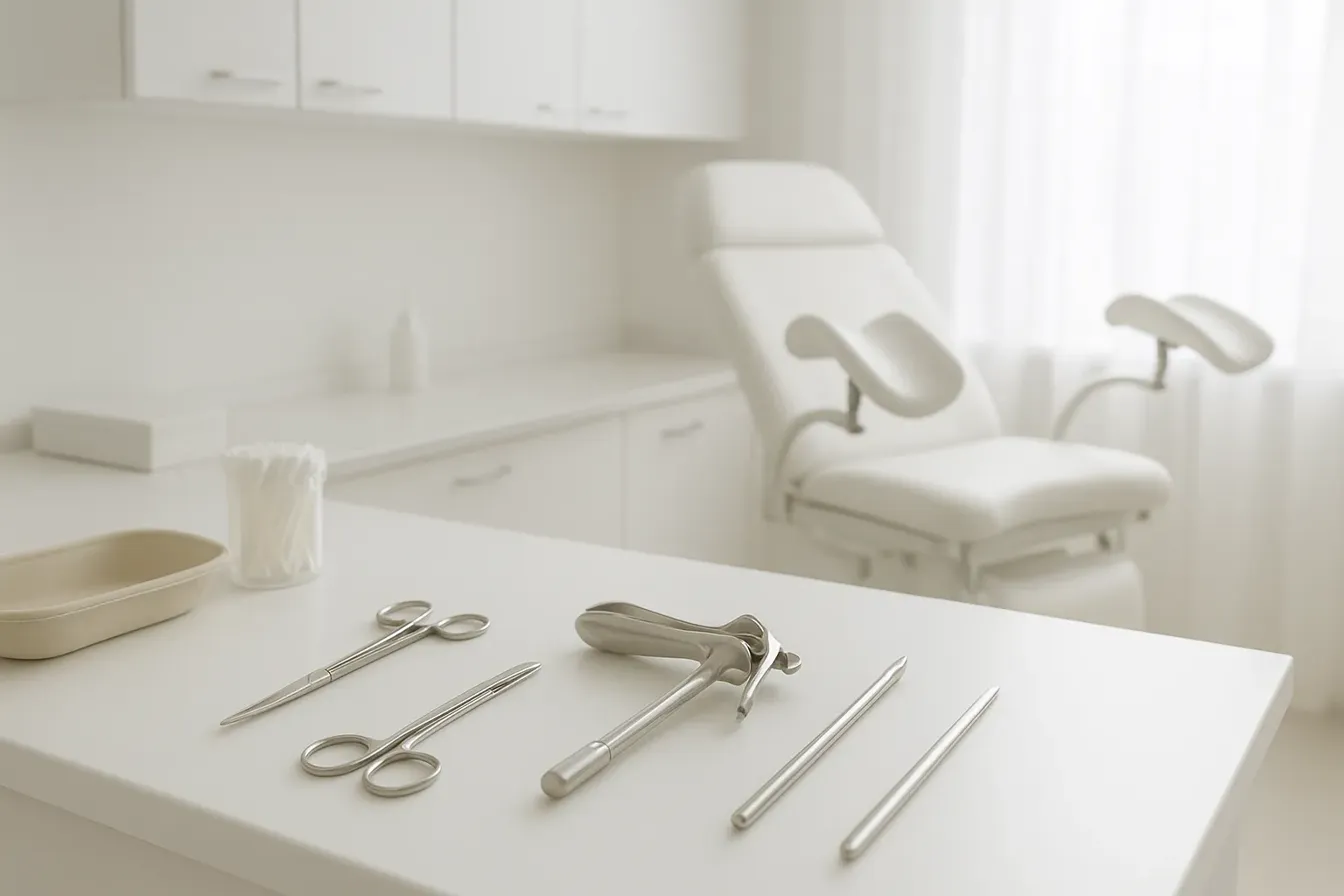Empowering Choices: The Essentials of Birth Control Counseling

Modern laser technology allows our Raveco Medical team to achieve optimal results when it comes to laser hair removal. Our highly skilled providers use an FDA-approved laser system to eliminate unwanted body hair without damaging your skin.
In fact, our techniques are so advanced, we can remove hair from nearly anywhere on your body, including your bikini line, face, and other delicate areas without harming surrounding tissue.
If you’re about to undergo laser hair removal, you may be wondering how long you can expect your results to last. Here, we break down what to expect during and after your laser treatment.
How laser treatments work for hair removal
Laser hair removal uses the power of laser energy to destroy the hair follicles below the surface of the skin. The laser penetrates your skin without damaging the tissue, and once damaged, the follicle can no longer produce new hairs.
Laser treatments won’t take long, and most people tolerate the procedure comfortably. Our team can apply a topical anesthetic to minimize pain sensations, which typically feel similar to the snapping of a rubber band against your skin.
A key detail about laser hair removal is that our providers can only treat hairs in the active growth cycle. This means that you’ll need a series of laser sessions spaced several weeks apart to address all hairs in the treatment area.
Good candidates for laser hair removal
Laser hair removal is safe and effective for adults who are interested in treating unwanted body hair from their:
- Arms
- Legs
- Back
- Chest
- Underarms
- Bikini line
Our team uses laser technology that can successfully treat a variety of skin tones and hair textures.
We can address nearly any area of unwanted body hair or excessive hair that grows because of underlying medical issues like a hormone imbalance or polycystic ovary syndrome (PCOS).
Expectations after laser hair removal
Immediately after your initial laser hair removal session, your skin may be red and dry. Your skin may also flake off, so you should keep your skin moisturized with a high-quality hydrating cream or lotion.
Laser treatments also increase your skin’s sensitivity to the sun. It’s important that you apply a protective sunscreen before you go outdoors to prevent irritation and burns.
Initially, treated hairs may remain visible until they fall out. If any new hair grows, it will appear thinner and lighter than usual. By the time you’re finished with all of your laser sessions, you should notice a significant difference in hair growth in the treatment areas.
Overall, laser hair removal permanently eliminates the need to shave or wax ever again, so you can throw out messy waxes and avoid painful razor burns. However, some people may need maintenance laser treatments from time to time to remove any remaining hairs. We can discuss your options for follow-up laser sessions based on your skin and hair type.
Call Raveco Medical in Woodside or Forest Hills, New York, today to find out if you’re a candidate for laser hair removal or book an appointment online.





.png)